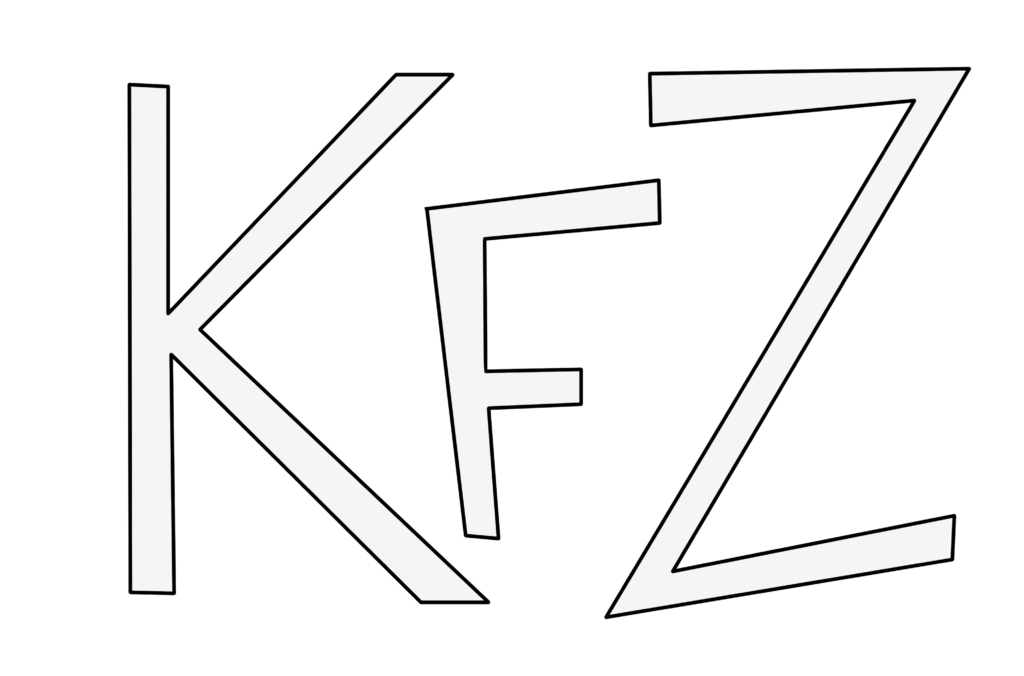I've been writing short stories since I was a kid, and I started posting them online a few years ago.
One of my stories is about to become an audiobook (The Wolf Who Did Not Know He Was a Wolf, read by Julia Riley)!
In the meantime, they're all available to read on Booksie.com.
Once upon a time there was a little wolf who did not know he was a wolf. He woke up every morning in his cozy, underground burrow, wriggled through the tree roots that created a doorway to the outside world, and skipped over to a nearby stream to catch his breakfast (usually trout). He kept his distance from the other forest animals, but he sometimes observed them from a bough in his favorite tree. The tree was old and gnarled, and looked like it might have once been three or four smaller trees that resolved to grow together into one grander, more impressive tree. Perched high above the ground and hidden from view by twisting branches, the wolf felt as if he were a part of the forest itself. Sometimes a lone bird would flutter down to rest nearby, but it usually took off in a flurry of feathers and chirps when it noticed the wolf.
The wolf was alone, but he did not mind being alone. He enjoyed the peaceful solitude of his afternoon walks, and the familiar sights, sounds, and smells of his home. He did not have a given name (at least, not one he could remember), but thought he might call himself “Mooncloud” if anyone asked who he was. He came up with this name after he overheard two rabbits talking for quite a while under his tree. After several minutes of conversation, the wolf determined that they were parents discussing one of their children. It seemed “Hopper” wasn’t quite keeping up with his brothers and sisters when it came to foraging, and both parents were concerned about his future. Eventually, it was decided Hopper would take extra lessons in the afternoon, and could go back to his regular schedule once he showed he was taking his education seriously. The rabbits left, no doubt to inform Hopper that his afternoon play-time was about to be encroached upon, and the wolf was left to his thoughts.
Once upon a time there was an angry caterpillar. The caterpillar was in a rage over what he considered to be very unfair treatment at the hands of a bureaucratic earthworm. The earthworm was named Irma and thought the caterpillar (who refused to give Irma his name, but was, in fact, called Humphrey) was unreasonable, illogical, and altogether incorrigible. She wouldn’t have been the least bit surprised to learn he had been the one responsible for leaving all those maggots in the office mailroom last week. The longer she talked to him, the more convinced she became of this theory. Humphrey had a cagey look about him, and, if you asked Irma, his eyes were darting a bit too regularly to the mailroom door for someone who had “never before had the misfortune to set a single proleg into this vile establishment.”
At the insistence of her parents, Sarah was going for a ride. Sarah was still very young, and, as such, she did a lot of things at the insistence of her parents. She lived with her mother and father in a comfortable 2-bedroom apartment in the Mouse House Towers. (The “Towers” were largely underground, but the name “Mouse House Tunnels” had not tested well with prospective residents.)
Today’s ride had been arranged one day prior with the family’s hired passenger pigeon, Reginald. Sarah disliked being strapped into the complicated baby-mouse seat on Reginald’s back, but she always forgot her annoyance once they were soaring majestically over the city. Since the whole family was going on this outing, Reginald had brought along two of his apprentices for Sarah’s parents to ride.
Once upon a time, in the cold, dark expanse of space, a tiny star burned brightly enough to support life on a planet in its orbit. The planet was relatively small, and (as far as it could tell) had no neighbors circling its cheerful sun. Due to the tilt of its axis and the speed of its rotation, one side of the planet was almost always facing the sun. As a result, half of the planet was covered in a thick rainforest with purple trees, orange grass, and all manner of flora and fauna. The other half of the planet was a cold desert with seemingly endless hills of silver sand. Even so, the dessert was home to some hardy animals who tunneled deep below the surface of the sand and only came up to eat the flowers that fell from cactus trees between rainstorms.
One day, the sun was looking fondly upon its planet when it noticed something approaching from the outer reaches of its light. It appeared to be a smooth disk-shaped object, unlike any comet or asteroid the sun had ever seen. The sun and the planet had been living in proximity for as long as either of them could remember, so although they couldn't speak, they had ways of communicating with each other. The sun alerted the planet to the approaching disk, and suggested they monitor the situation together. If it was on a collision course with the planet, there wasn't much either one of them could do, but they could at least try to brace for impact and limit the damage.
Я - бурый медведь, среднего размера…
“I am a brown bear of medium size…” This was the first line in a sheaf of papers I found while hiking through the Urals, and one I would re-read many times while attempting to translate the strange, and perhaps groundbreaking, text. While I cannot provide any further illumination as to the origin of these papers, I humbly beg the reader to withhold any harsh judgments or cynical assumptions until I have presented all of my findings. I aim, herein, to share the circumstances surrounding the discovery of these papers, and my own modest attempt at the translation of their contents. I have entrusted a discreet friend with the publication of this journal, and chosen not to reveal my name. “Ah-ha!” exclaims the critical reader. “Surely an honest man, a man of principle, would reveal his identity so his claims could be fairly judged by his peers.” I consider myself to be honest and principled; thus, I assure you that I do not shroud my identity in secrecy for any nefarious purpose, but only because I wish to present the facts and materials on their own merits, and not let anyone’s opinions be swayed by their view of the messenger.
More to come soon with the stories below!
Once upon a time there was a gargoyle named Arthur. He was a great little guy, with two horns atop his head and a large brass ring in his nose (at sunrise, of course, the ring turned to stone along with the rest of him). He had a splendid mane, two bat-like wings, and a single-horned brother named Julius. This is a story about Julius, who recently had quite a day.
You see, a few Tuesdays ago (I’m sure you remember the one – it was a very Tuesday-like Tuesday, even for a Tuesday), Julius awoke at sunset to find a small piece of his tail missing. He had a long, slender tail with a tuft of black fur at the end, and it appeared someone had chipped away a piece of that tuft of fur while it was in stone form.
“Really!” Julius thought to himself. “Some people are so inconsiderate.”
He set about searching the parapet where he had slept all day, but couldn’t find the missing piece anywhere.
He did find something, though. The entrance to the clock tower (just around the corner from his perch) was slightly ajar. This was most unusual, since the caretaker for this building only came out to the parapet on Sunday mornings to give it a quick sweep. The only door to the parapet was through the clock tower, and the only door to the clock tower was through the back office of the Glatfelter Timekeeping Museum & Shop at the base of the tower. Both doors were kept locked at all times. There were two sets of keys for these locked doors: the main set belonged to the caretaker (who also owned the shop), and the spare set belonged to her daughter.
Preteen Private Investigator Greta Gumshoe is at it again!
The twelve-year-old sleuth is laid low with an unrelenting cold, listening to the rain turn into sleet as it spatters against her window. But crime doesn’t care about germs. And Greta, though she is young in years, learned this lesson long ago. *Ring, ring* From across the room, Greta’s phone chimes an alert.
Greta leaps out of bed. At least, she intends to leap out of bed. What she actually does is dolefully drape her duvet around her shoulders and drag herself over to her desk. She checks her phone. This is a work phone, only to be used for official G. Gumshoe Detective Agency business. Greta’s parents agreed that she could purchase it with the fee from her first successful case, although she won’t be allowed to have a personal phone until her thirteenth birthday.
As she suspected, the text is from a contact in her phone simply as “H.” She reads: “Foul play afoot at the Fredericktown football field.” Greta sneezes and types a reply: “i’m on the case. be there in 20 minutes”
Greta bundles up in warm clothes and heavy socks, then heads to the front closet to add a hat, scarf, rain jacket, and waterproof boots. Her father hands her a thermos of hot tea with lemon and honey. “Do you need a ride?” he asks. “No thanks, I’m not going far.” She shows her mother that her phone is fully charged and the “find my phone” tracker is on. “Good luck!” her parents call after her.

